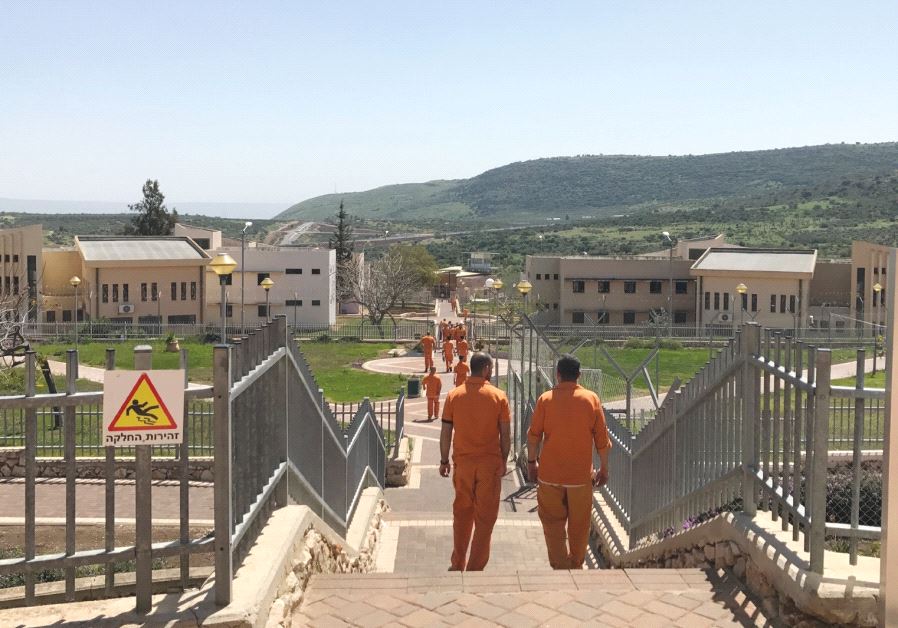Deputy A-G to Amir Ohana: Convicts, terrorists must receive vaccination
Amit Marari stressed that all convicts, including terrorists must receive the coronavirus vaccine.
 INMATES WALK through the Hermon Prison in northern Israel last week.(photo credit: ELIYAHU KAMISHER)
INMATES WALK through the Hermon Prison in northern Israel last week.(photo credit: ELIYAHU KAMISHER)